Tag Archives: interpretation
03 Feb Mapping a Thought
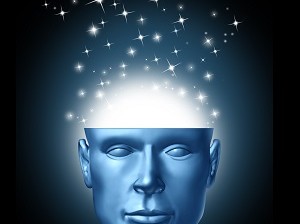
What is truly going on in a network of billions of cells with trillions of connections? Can we even begin to figure it out – is mapping a thought possible? When I was in the midst of my studies in which I initially wrote this, MRIs and CAT scans were the best of our ability […]
31 Jan Feature Selectivity in Vision
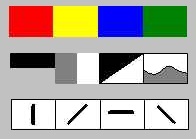
This post is another in the series on specialization, in which the author stresses the need for very heterogeneous models for imitating brain capabilities with computers. An important discovery of neurophysiological and cybernetic research is that many neurons, particularly those in areas of the brain that specialize in processing perceptual data, are feature selective. Vision processing is […]
27 Jan Go With the Flow
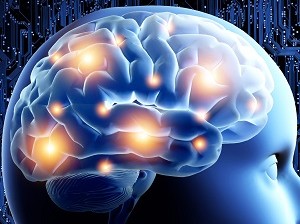
Modeling Neural Electrical Flow Patterns From looking at possible mechanisms for information storage, we move back to its movement. It may be important to understand the patterns of electrical flow in the brain to define good models for artificial systems that attempt to match human competence in cognitive processing tasks. This is what neural network and […]
14 Jan Visual Input Processing
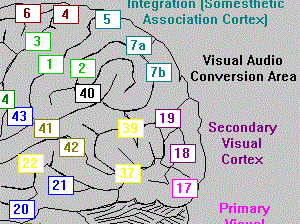
The visual cortex in the human brain is arguably the pattern after which most artificial neural networks were modeled: the flow of signals is directional through layers 1, 2 then 3; and large numbers of the cells are touched by the flow of action potentials through the system. The variations in the cells, however, contrasts with the artificial […]
13 Jan Harmonic Convergence of Light
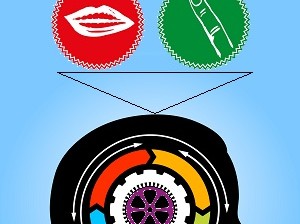
Light waves diverge and converge and bend on their journey to places where they are perceived. We choose to focus, perceived light waves enter us through the portals of our eyes, then flow through the visual cortex and resonate in the brain until they trigger recognition, often very quickly. The illustration shows a lens that […]
10 Jan Shades of Meaning
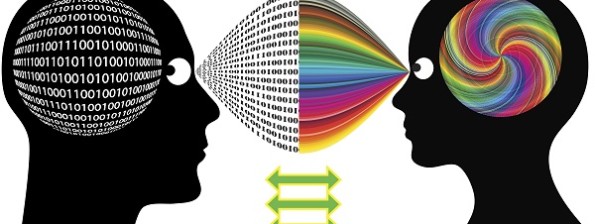
I have been sharing my observations on the electrical behavior of the brain this month, with a brief glance at perspectives on perception. My work began, and may end with language. As my springboard into artificial intelligence, I’ve been trying for years to develop computer programs that can understand your intent and use that understanding […]
09 Jan What of Perception
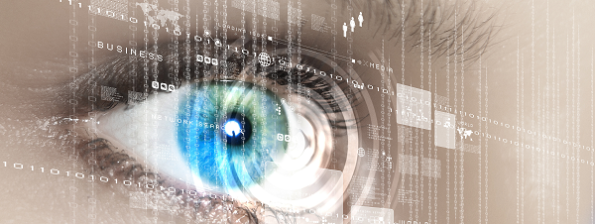
Questions Cognitive Modelers Might Ask The biological and chemical processes associated with brain activity are the foundation on which our exploration of the cognitive mind is built. Yet the physiological underpinnings are not sufficient, in themselves, to lead us to the next cybernetic level. Too many questions are left unanswered. In this section of Understanding […]
02 Jan Synapse Formation
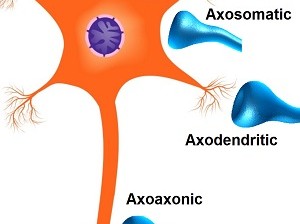
Many neurons have only a few synapses. Others, like giant pyramidal and Purkinje cells, may have tens or even hundreds of thousands of synapses. At the conclusion of the complex growth process, called synaptogenesis, in which growth cones at the tips of spines, axons, and dendrites propel or draw the fiber through the crowded gray and white matter […]
30 Dec Aristotle and von Neumann
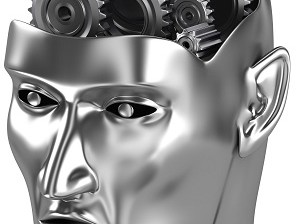
In the 1950’s, John von Neumann compared the computer to the brain. Scientific inquiry that laid the foundation for that comparison, however, had begun long before. The influence of the Greek philosopher Aristotle’s association theory (metaphysics), for example, is evident in neural net theory. In The Computer and the Brain, Dr. von Neumann describes how […]





